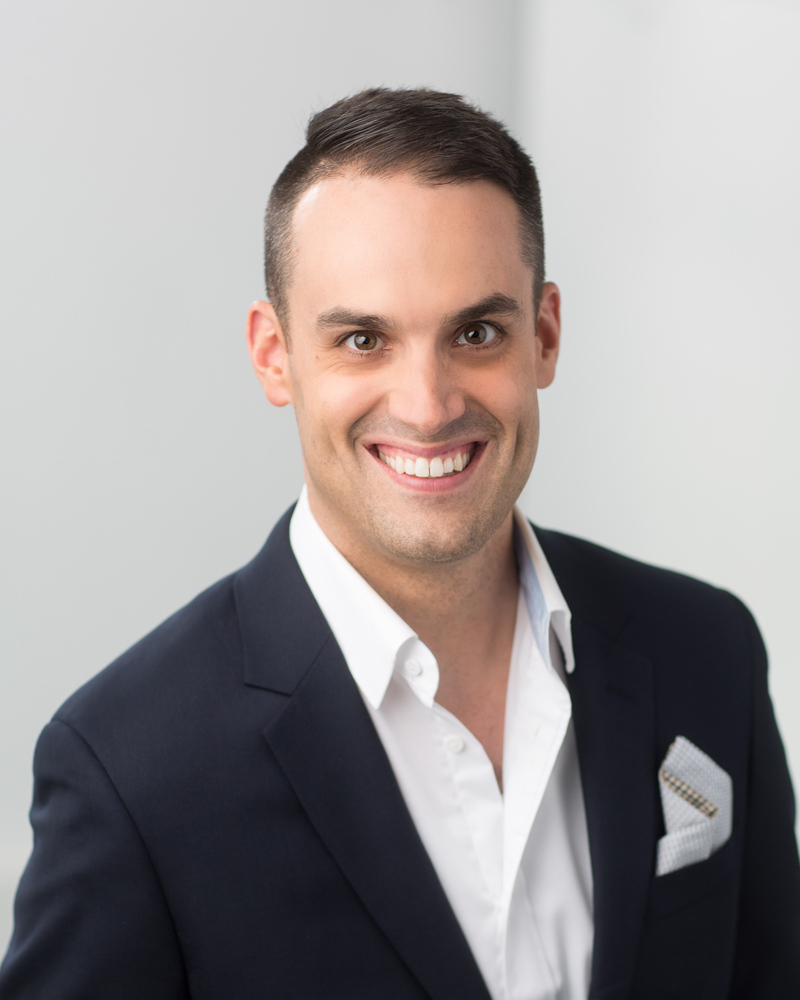 In the fall of 2017, I sat in a University classroom in São Paulo, Brazil with a group of high school students, from CapJovem, a year-long program university entrance preparation program, to discuss their education, lives & uncertain futures.
In the fall of 2017, I sat in a University classroom in São Paulo, Brazil with a group of high school students, from CapJovem, a year-long program university entrance preparation program, to discuss their education, lives & uncertain futures.
Hailing from underprivileged communities surrounding São Paulo, many of these students lived at or below the poverty line. They were intellectually & artistically gifted, chosen from thousands of applicants who each year year vie for a limited number of spaces in the program. To them, CapJovem symbolized hope. The program was taught by university instructors; the students received an education that otherwise wasn’t available to them. An education that dramatically increased the likelihood of their university acceptance. In Brazil, graduating from university meant eligibility for a professional career. Where salaries were enough to not only transform their lives, but the lives of their families.
Brazil’s education system is set up in such a way that university is public and subsidized, though limited spaces are available. High school, on the other hand, has both public and private options. As the story goes, if your family has the economic means for the children to attend private school, they do. The quality of education is better and the likelihood of those students going onto University is much higher than those who attend public school. Parents without the financial means, the majority, have a difficult decision to make: do they send their children to public school, where the quality of education is much lower & likelihood of university acceptance even lower? Or, do they forego education and have their children work to support the family? In some cases, where families are living well below the poverty line, there isn’t an option. Each member of the house must contribute financially; the very survival of the family depends on it.
One by one, each of the students shared their stories; one heart-wrenching tale after another. They shared stories of internal familial pressure; to abandon their education for work. They shared stories of childhood friends who ostracized them from community social circles for being different and for having an opportunity that they could only dream of. Though they had each other; forming a tight bond through shared experiences and their hopes for a brighter future.
The weight of their experiences landed on me like a 20 ton boulder. Seeking some clarity I asked them: ‘why put yourself through all of this?’ The pressure they faced was more than any child should shoulder. To a person, each student answered some combination of the following: our families, our communities & our country. Not one person mentioned themselves. I could see the hurt in their eyes, as they tried to make sense of their circumstances. This was all they knew. So while they didn’t understand why things had worked out this way, they were determined to take full advantage of the opportunity in front of them.
In that moment, I broke down, overcome by a wave of emotions that coursed through my body like lightning. I cried, we cried; uncontrollably & unabashedly – bound by our common existence. We spent a few more precious moments meeting and embraced as we said our goodbyes. An hour earlier these were strangers; children. Now they represented something greater; a burning desire to blend passion with purpose.
As my feelings of sadness faded, they were replaced by guilt. I had joined an MBA in large part to improve my own material circumstances. An Executive for a global organization in my early 30’s, I viewed the MBA as the next natural step of my ascent to the top rung of the corporate ladder. More money, bigger titles and the privilege that comes from leading a billion-dollar organization. I had paid for the MBA program and the trip to Brazil with cash and didn’t need student loans. I had planned a trip the following week to Buenos Aires; a trip I felt was needed because I was worn down by the rigorous cadence of my privileged life. I knew my perspective needed to change. I needed to change. At the time I didn’t know what that would look like, though I knew I wanted to leverage the skills, experiences and gifts that I accumulated over the preceding 20 years in the corporate world for some good. To enrich someone other than myself for once. Over the coming months I spoke with hundreds of people from around the world seeking clarity, perspective and community.
Less than a year later, I found it, leaving my corporate executive role to launch a social enterprise. The Global HR Collective was founded on October 1, 2018, to raise $1 million for causes related to mental health advocacy and women entrepreneurs, two areas close to my heart and in desperate need of intervention. I believe business is best-positioned to make such a intervention. If you believe, as we do, that people are the lifeblood of any organization, then Human Resources is best-positioned to ensure the organization’s long-standing success, and that of its employees.
At the Global HR Collective, we support organizations, and in particular, their HR leaders in navigating these turbulent times. Through the conscious architecture and introduction of HR technologies and analytics, we help organizations humanize their employee experience, and better position them to allocate finite resources to investments that drive enterprise value. More broadly, we help senior HR leaders navigate through change: their own first, and advise them as they lead their organizations through transformation.
Through these efforts we will co-create better workplaces worldwide. As we achieve financial success at the Global HR Collective, we’ll give the majority of our profits away, for we are not driven by financial success, but rather in creating & scaling impact. Our bias for action, laser-like focus on achieving the $1M goal, and incredible support from our community, assures our success. We are creating a template for other organizations to follow, and to once and for all, dispel the myth that an organization must choose between delivering profit and purpose.




